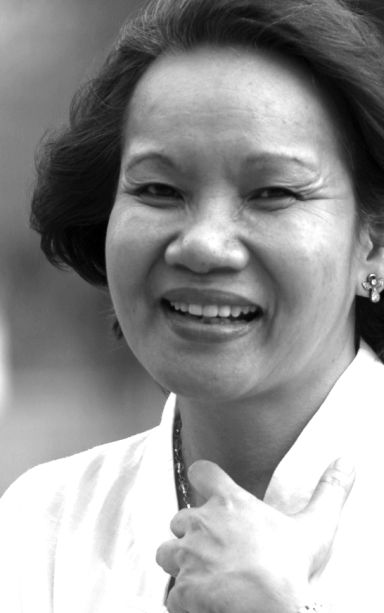Working together to keep our children safe

LOGARTA
Within our school subjects, there is much we can do to help our young resist the influence of illegal drugs.
First, we have to realize that the biggest cause of being drawn to drug abuse is peer pressure.
It is therefore very important for the school to provide the training that makes them strong in the face of peer pressure and other sources of influence that might make them susceptible to external pushes.
In the various subject areas, we need to consciously provide experiences that will facilitate the emergence of “emotional awareness, self-control, social problem solving, and communication skills.”
Subject matter is important, but we should not overlook personal psychological and emotional growth especially for adolescents. Being sensitive to Filipino culture and values, we also have to consciously let the young learn to have the confidence be “assertive” and not unpleasantly aggressive.
It is also helpful for educators to be aware of what makes the young people inclined to drugs.
“Lack of self-confidence among shy youth” would tend to attract them to alcohol because this makes them have “courage” to do what they hesitate to do when they are sober.
Being accustomed to “instant gratification” helps make drugs appealing for the young. The young are exposed to many misleading information. With certain drugs being readily available and with movie and television exposure, they sometimes take this as part of normal life. These substances are also viewed as an “escape,” a way to get out of “boredom.”
Many young people are also into drugs because of being given “inaccurate information about drugs and alcohol” which they got from peers who claim “to be experts.” Educational institutions need to be equipped with a healthy, wholesome information and education program for the young people on this issue. Coordination with other schools and other sectors is advised.
Young people themselves can be very active agents in this concern.
They must always remember that “the decision to take drugs will have an effect on their grades, their health, their relationships, their job, their career, even their freedom.”
Connectedness is strongly encouraged: connection with friends (Be sensitive about the people you are going around with) connection with parents and other adults with whom you can discuss your decisions. They are also urged to “take responsibility! Be a role model!” but also “learn to enjoy life and do what you love.”
What I like most about the points from “Partnership for Drug-free Kids” is the discussion on modeling by parents. Some of these are: “Teens do notice when you do not practice what you preach.
Narrate what you are doing and why you’re doing it.
Continue even if the child seems indifferent.
Own bad behavior and reflect on it in front of kids. It helps them learn from your mistakes. Show that failing and trying again builds coping skills, grit, and resilience. Praise healthy coping skills.
Making your teen feel proud assures that the behavior continues” (Meredith Grossman).
Of course, all of the above need a great deal of love.
Disclaimer: The comments uploaded on this site do not necessarily represent or reflect the views of management and owner of Cebudailynews. We reserve the right to exclude comments that we deem to be inconsistent with our editorial standards.




